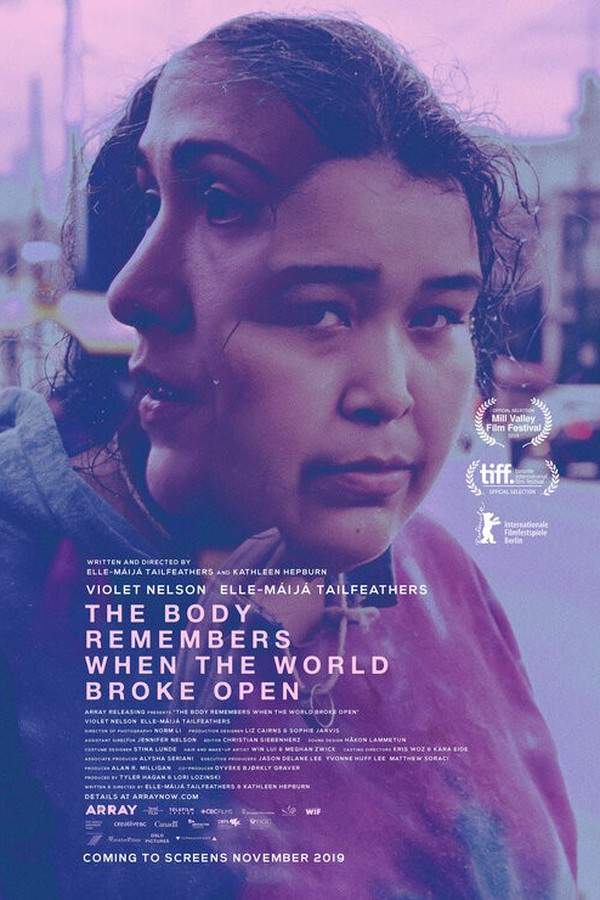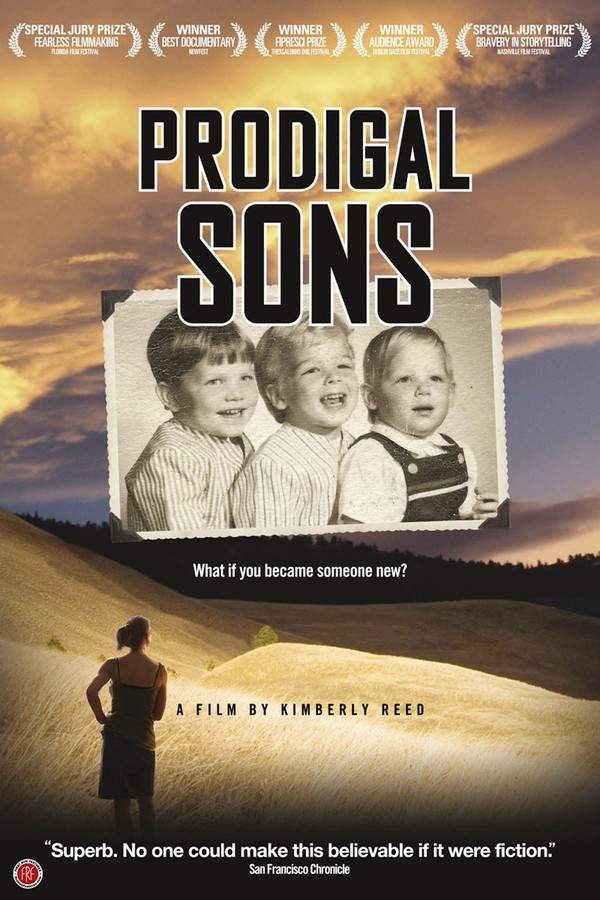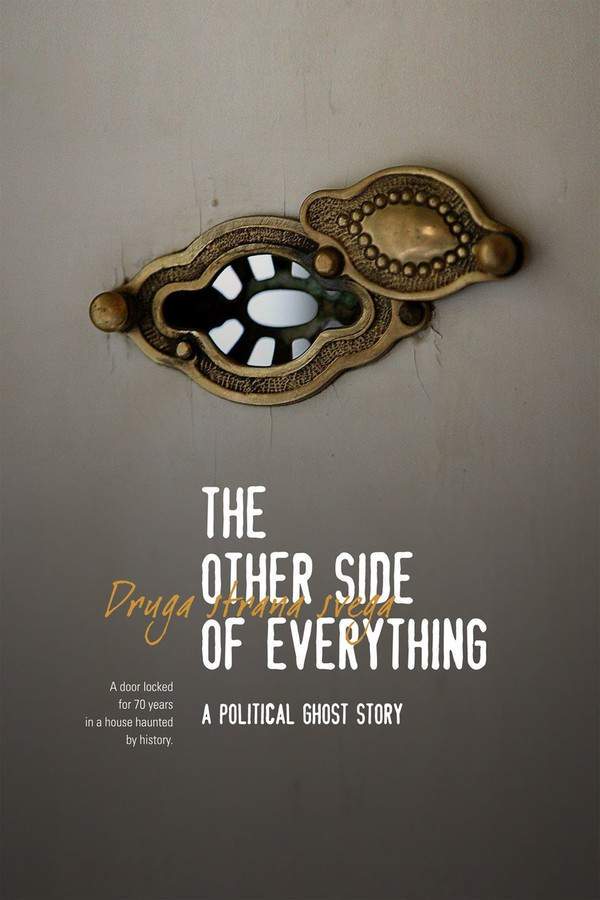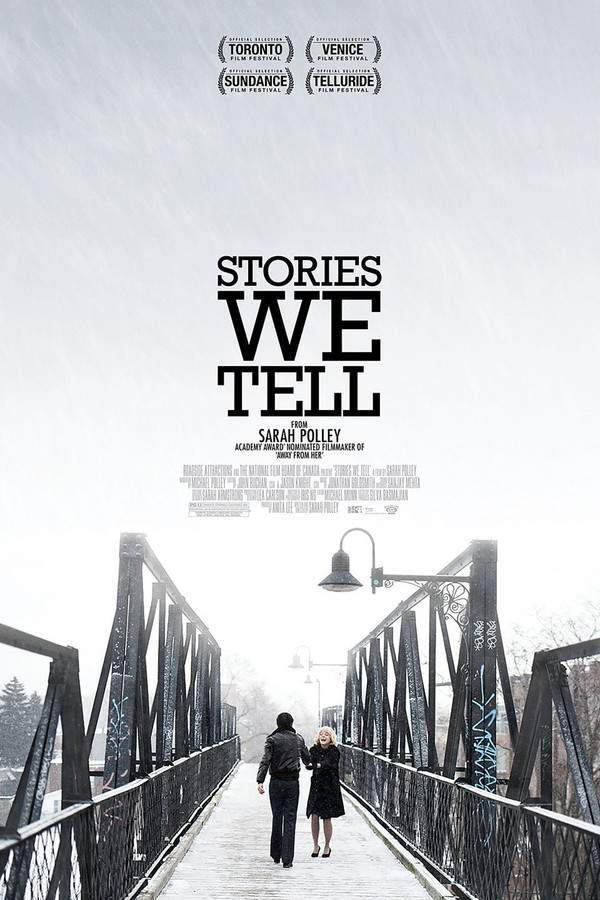
Stories We Tell 2013
Made by
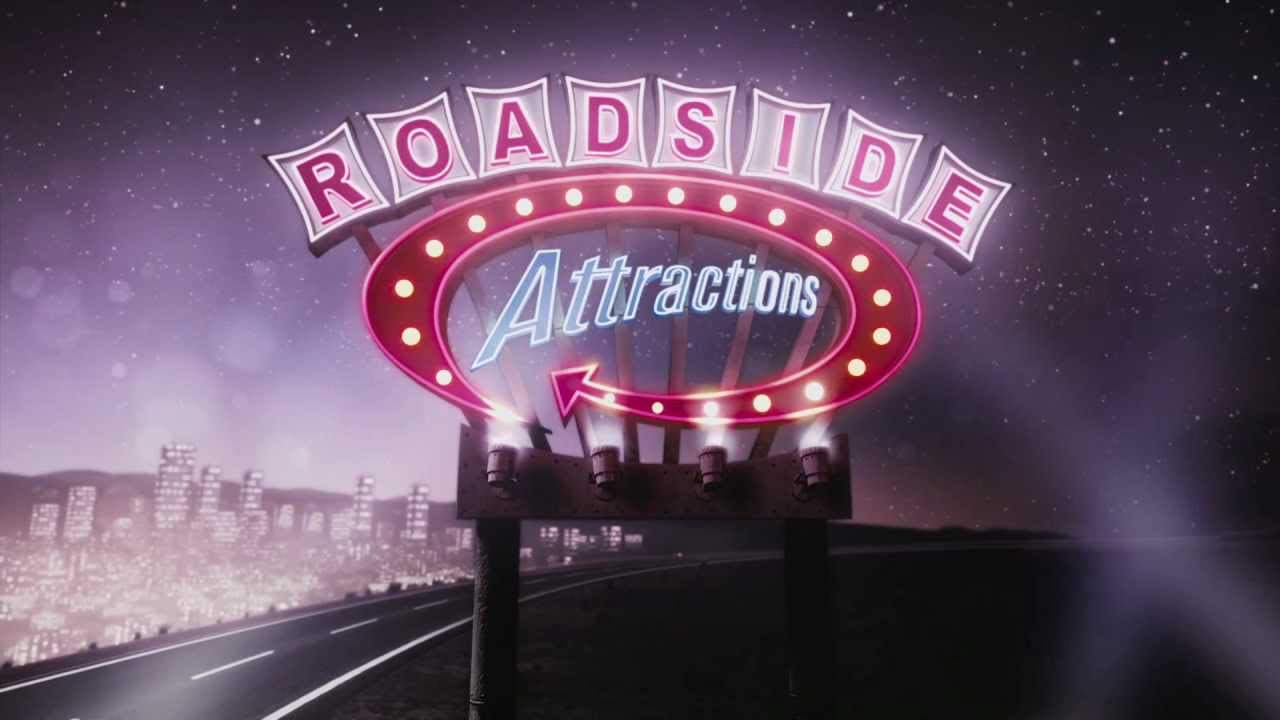
Roadside Attractions
Stories We Tell Plot Summary
Read the complete plot summary and ending explained for Stories We Tell (2013). From turning points to emotional moments, uncover what really happened and why it matters.
The film delves into the intricate relationship between Polley’s parents, Michael and Diane Polley, shedding light on the dramatic revelation that the filmmaker herself is the product of an extramarital affair involving her mother and Montreal producer Harry Gulkin. This poignant documentary weaves together interviews with Polley’s siblings from her mother’s two marriages and conversations with various relatives and family friends. It also features Michael Polley’s narration of his memoir, complemented by stunning Super-8 footage that is crafted to emulate genuine home movies chronicling significant moments in Polley’s family life.
The faux home video sequences feel remarkably authentic, attributed to the thoughtful casting choices, with Rebecca Jenkins portraying Diane, who unfortunately passed away due to cancer on January 10, 1990, just a week before Polley’s 11th birthday. Distinctively, Polley devoted five years to the completion of this documentary, often taking breaks to reflect and regroup her thoughts during the process.
In a revealing blog post on the NFB.ca website, Polley shares that multiple journalists, including Brian D. Johnson and Matthew Hays, had been aware of the narrative surrounding her biological father for an extended period. However, they graciously respected Polley’s desire to maintain the privacy of this matter until she felt prepared to share her story authentically in her own voice.
Stories We Tell Timeline
Follow the complete movie timeline of Stories We Tell (2013) with every major event in chronological order. Great for understanding complex plots and story progression.
Introduction of Michael and Diane Polley
The film begins by introducing Michael and Diane Polley, setting the stage for an exploration of their complex relationship. It reveals the foundation of the family dynamics that will be examined throughout the documentary.
Revelation of Extramarital Affair
A dramatic revelation unfolds as it is disclosed that filmmaker Sarah Polley is the product of an extramarital affair involving her mother, Diane. This shocking news brings to light the family secrets that have been hidden for years.
Interviews with Family Members
The documentary features heartfelt interviews with Polley’s siblings from her mother's two marriages. These conversations provide insights into their shared experiences and differing perspectives on family life and the impact of the revelations.
Michael Polley’s Narration
Michael Polley contributes to the narrative by sharing excerpts from his memoir. His narration adds a personal touch to the documentary and helps viewers understand his views on the family’s past and the impact of the hidden truths.
Use of Super-8 Footage
Stunning Super-8 footage is utilized in the documentary to emulate authentic home movies. This visual approach not only enhances the storytelling but also evokes a sense of nostalgia and connection to the family’s history.
Diane Polley’s Illness
The documentary touches on the tragic illness of Diane Polley, who passed away from cancer on January 10, 1990. Her death occurs just one week before Sarah Polley's 11th birthday, profoundly affecting the family.
The Five-Year Journey
Sarah Polley dedicates five years to the completion of the documentary, illustrating her commitment to sharing her family’s story. This extended period includes times of reflection and regrouping, emphasizing the emotional weight of the narrative.
Polley’s Public Disclosure
In a revealing blog post on the NFB.ca website, Sarah Polley discusses her decision to share the story of her biological father. This marks a significant moment as she chooses to open up about her family’s hidden past.
Journalists' Awareness
The documentary highlights that multiple journalists, including Brian D. Johnson and Matthew Hays, were aware of Polley’s narrative for years. Their respect for her privacy showcases the sensitivity surrounding her family story.
Authentic Storytelling
The film culminates in Polley embracing her story and the complexities of her family identity. It reflects on themes of secrecy, identity, and the process of coming to terms with personal history.
Reflections on Family Dynamics
Through the lens of interviews and personal narrative, the documentary explores the dynamics of blended families. It invites viewers to reflect on how relationships evolve in the face of hidden truths and revelations.
Polley’s Healing Journey
As Polley navigates her family's past, the documentary illustrates her healing journey. It showcases the importance of storytelling in understanding oneself and reconciling with one’s heritage.
Legacy of Diane Polley
The film pays tribute to Diane Polley’s legacy, revealing her influence on Sarah and the family. It emphasizes the emotional connections and memories that continue to endure despite her absence.
Closure and Acceptance
Ultimately, the documentary represents a quest for closure and acceptance within the family. It highlights how confronting past truths can lead to understanding and reconciliation among family members.
Final Thoughts
In the conclusion, Polley reflects on the journey of discovering her identity amid family complexities. The film leaves viewers contemplating their own narratives and the significance of sharing personal histories.
Stories We Tell Characters
Explore all characters from Stories We Tell (2013). Get detailed profiles with their roles, arcs, and key relationships explained.
Michael Polley
Michael Polley, the filmmaker's father, serves as the narrator, offering personal insights into his family dynamics and past events. His reflections provide a grounding perspective on the complex relationships that define the family's narrative. He balances the weight of family history with a tone that invites understanding and empathy.
Diane Polley
Diane Polley, portrayed in the documentary through both recollections and archival footage, is the filmmaker’s mother whose life and choices are central to the narrative. Her untimely passing adds a layer of poignancy, influencing not just the filmmaker's journey but also the revelations surrounding family relationships.
Harry Gulkin
Harry Gulkin is a pivotal figure representing the biological father in the narrative. His existence complicates the family history, representing the consequences of extramarital relationships. The film navigates the emotional landscape of his involvement, which resonates deeply with the themes of identity and belonging.
Stories We Tell Settings
Learn where and when Stories We Tell (2013) takes place. Explore the film’s settings, era, and how they shape the narrative.
Time period
1990s
The documentary reflects on events predominantly from the 1990s, a time marked by profound personal and familial transformations. During this period, societal norms about family and relationships were evolving, and the film captures the sentiment of exploration and discovery within these changing dynamics.
Location
Montreal
Montreal is a vibrant city in Canada known for its rich culture, diverse population, and bustling arts scene. It plays a significant role in the film as it provides the backdrop for the personal revelations concerning the filmmaker's family. The city's historical charm, with its mix of old and modern architecture, enhances the emotional depth of the storytelling.
Stories We Tell Themes
Discover the main themes in Stories We Tell (2013). Analyze the deeper meanings, emotional layers, and social commentary behind the film.
💔
Family Secrets
The film explores the delicate web of family secrets and the impact of hidden truths on relationships. It delves into the lives of Polley’s parents and siblings, revealing how past choices shape present identities. The emotional weight of these revelations serves as a poignant reminder of the complexity of familial bonds.
🎥
Documentary Storytelling
Through a mix of interviews and personal narrations, the film exemplifies the power of documentary storytelling. The use of home video footage intertwines personal history with artistic expression, connecting viewers to the filmmaker's journey. This approach highlights the emotional authenticity and the significance of sharing one's truth.
Movies with Similar Twists and Themes
Uncover films that echo the narrative beats, emotional arcs, or dramatic twists of the one you're exploring. These recommendations are handpicked based on story depth, thematic resonance, and spoiler-worthy moments — perfect for fans who crave more of the same intrigue.
Featured on this page

What's After the Movie?
Not sure whether to stay after the credits? Find out!
Explore Our Movie Platform
New Movie Releases (2025)
Famous Movie Actors
Top Film Production Studios
Movie Plot Summaries & Endings
Major Movie Awards & Winners
Best Concert Films & Music Documentaries
© 2025 What's After the Movie. All rights reserved.


